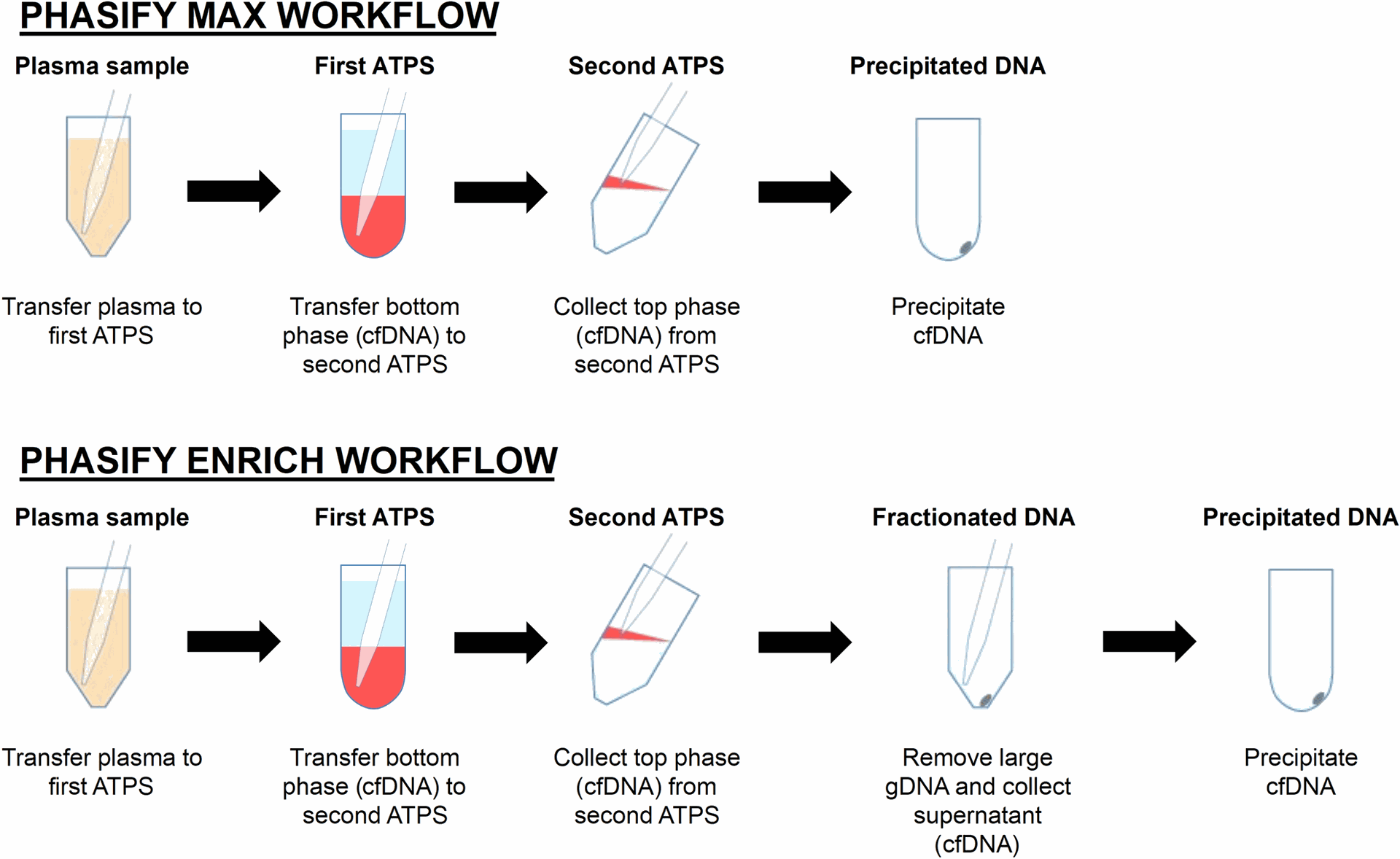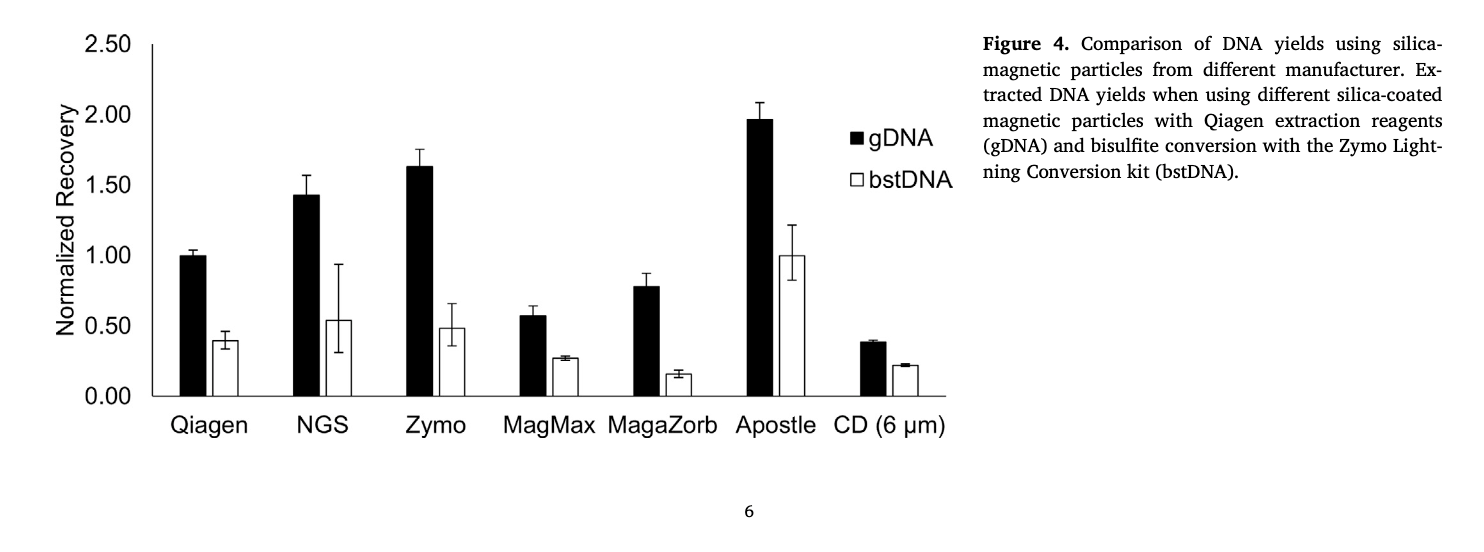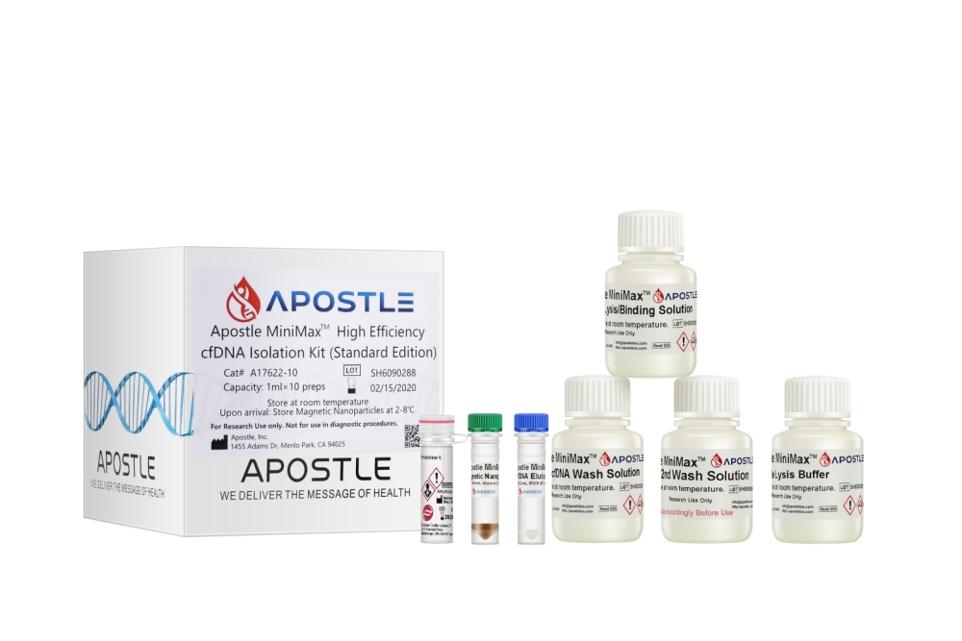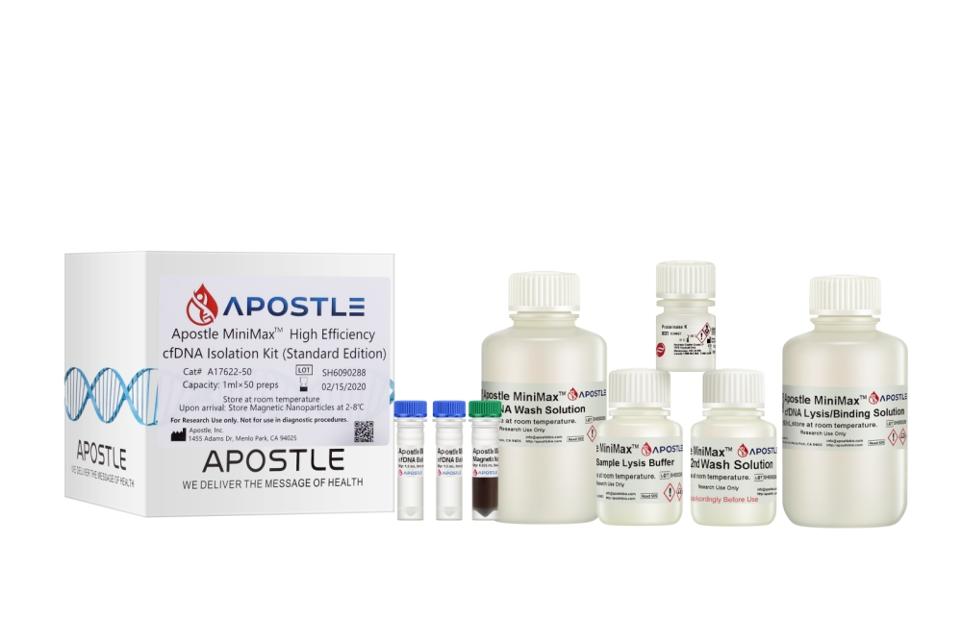Cell free DNA isolation
Introduction :
CFDNA isolation kits are used to extract cell-free DNA (cfDNA) from various biological samples, such as blood, plasma, serum, urine, or other bodily fluids. Cell-free DNA refers to DNA fragments that are released into the bloodstream or other bodily fluids by apoptotic or necrotic cells. This type of DNA can carry valuable information, including genetic mutations, epigenetic changes, and other biomarkers, making it a valuable resource in various research and diagnostic applications, especially in the field of liquid biopsy.
Analyzes of cell-free nucleic acids (cfNAs) :
Analyzes of cell-free nucleic acids (cfNAs) have shown huge potential in many biomedical applications, gradually entering several fields of research and everyday clinical care. Many biological properties of cfNAs can be informative to gain deeper insights into the function of the organism, such as their different types (DNA, RNAs) and subtypes (gDNA, mtDNA, bacterial DNA, miRNAs, etc.), forms (naked or vesicle bound NAs), fragmentation profiles, sequence composition, epigenetic modifications, and many others. On the other hand, the workflows of their analyzes comprise many important steps, from sample collection, storage and transportation, through extraction and laboratory analysis, up to bioinformatic analyzes and statistical evaluations, where each of these steps has the potential to affect the outcome and informational value of the performed analyzes. There are, however, no universal or standard protocols on how to exactly proceed when analyzing different cfNAs for different applications, at least according to our best knowledge.
extraction of cell-free DNA :
MiniMax High Efficiency Cell-Free DNA Isolation Kit :
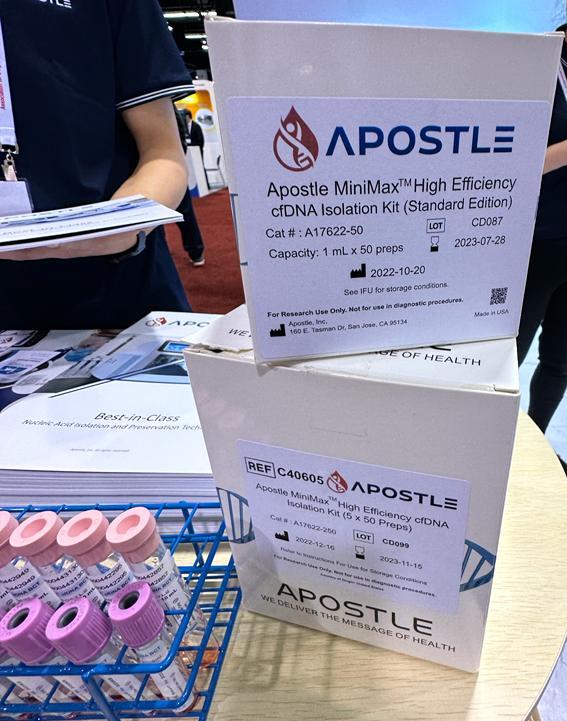 MiniMax technology offers a best-in-class efficiency and purity compared with conventional technologies to capture and isolate the circulating cell-free genetic materials. It is trusted by many of the world's most prestigious leaders in life sciences.
MiniMax technology offers a best-in-class efficiency and purity compared with conventional technologies to capture and isolate the circulating cell-free genetic materials. It is trusted by many of the world's most prestigious leaders in life sciences.
Conclusion :
It is essential to choose a kit that is compatible with the sample type you are working with, as different bodily fluids may have varying concentrations and qualities of cfDNA. Additionally, the choice of kit can influence the yield, purity, and integrity of the isolated cfDNA.
